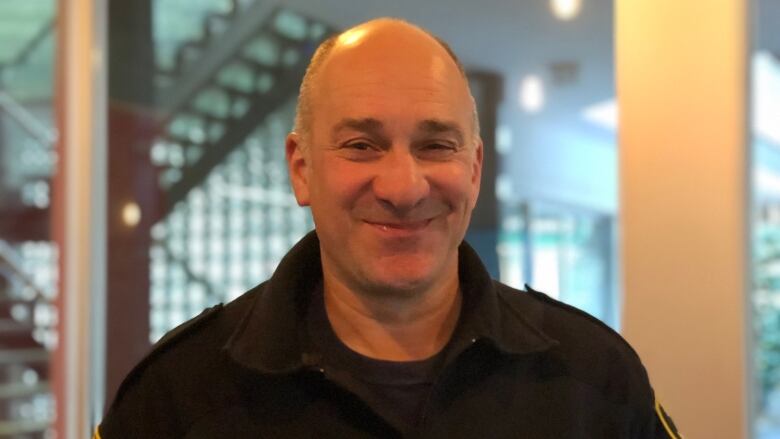Sudbury Fire Services says there are carbon monoxide dangers in the home you need to be aware of
Sudbury Fire Services braces for an increase in gas leak calls as the temperatures dip

It's that time of year, when the temperature dips, and northerners fire up their furnaces, their gas fireplaces and their wood stoves.
Jimmy Kolar is now a public safety officer with the City of Greater Sudbury Fire Services, but spent 25 years of his career responding to fire calls.
Many of those were carbon monoxide (CO) situations. One in particular stands out for him.
Like a walking zombie- Jimmy Kolar
He says when they arrived at the scene, they came across a man outside with very high levels of carbon monoxide in his system.
"He was probably hallucinating, he was delirious, confused almost like a walking zombie kind of thing."
Inside, says Kolar, the home was a dangerous situation.
"The levels on our detector went off through the roof, it was a situation where you had to go in with a mask and an air bottle."
Kolar says they discovered in the basement that the dryer vent had been connected to the chimney vent that was primarily used to exhaust the gas from the furnace. Kolar says what happened is it became disengaged and through a hole it was exhausting all the fumes from the boiler into the household.
Kolar says natural gas isn't the only thing to be concerned about. There is also propane, oil and wood heating that can disperse carbon monoxide into the air. He says many people who have electric heat help keep the bills down by installing a gas fire place. He says if you do that, then you also need a CO detector in the home.
And then there are the people who love to barbecue all year round, says Kolar.
People may bring their barbecue into their attached garage to cook, close the door to keep warm, and forget to turn off the burner. Most often there is a door from the garage leading to the home and that is an easy way for the CO to enter the home .
"And maybe they've had a few drinks, get a little a little giddy or whatever. Cook, forgot to shut the barbecue off. Close the garage door, go inside the house. You're either going to get yourself a fire or the house is going to fill with CO."
There can be other problems with attached garages. If the power goes off, people will hook everything up to a portable gas generator and that too can result in toxic gas in the home. Even having your car or snowmobile idle in a closed garage can be dangerous.

Kolar says according to the fire code, CO detectors must be located near where people are sleeping. He says people often think it needs to be located beside the furnace but he says it is more important that it be close to where you are sleeping so it wakes you up.
"Now if you're upstairs in a third floor and you're sleeping and the alarm goes off and maybe you have hearing issues you probably wouldn't hear that alarm. So that's why they shall be installed adjacent to sleeping areas."
In 2018, Sudbury Fire Services received 295 calls about carbon monoxide. In 47 cases, carbon monoxide was present, 87 were false alarms and 161 were equipment malfunctions.

